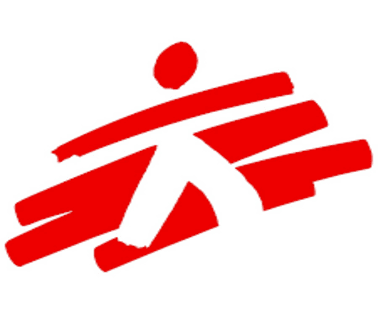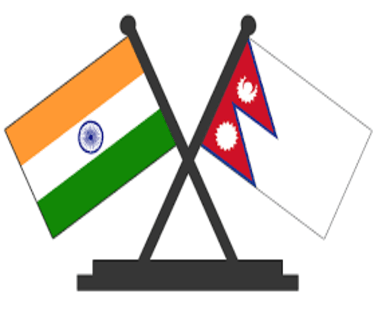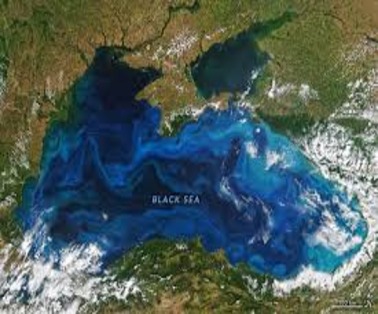Doctors Without Borders (MSF) called for a cease-fire in the Gaza Strip to prevent continued bloodshed.
Key Points from Doctors Without Borders’ Appeal
- The NGO said that following an Israeli airstrike about half a mile away from Nasser Hospital in Khan Younis where MSF teams are working, 122 patients arrived at the hospital within minutes
- In the burn unit, surgeons are doing around 10 burn surgeries a day. Yet the hospital is overflowing with hundreds of patients with burns waiting to be operated upon
- This comes as the Israeli army continues to launch daily raids on the southern Gaza Strip, despite declaring it a “safe zone” while demanding civilians head south.
- Since Israel started bombarding Gaza on Oct. 7, at least 13,000 Palestinians have been killed, including over 9,000 women and children, and more than 30,000 others have been injured,
- Thousands of buildings, including hospitals, mosques and churches, have also been damaged or destroyed in Israel’s relentless air and ground attacks on the besieged enclave.
- An Israeli blockade has also cut Gaza off from fuel, electricity and water supplies, and reduced aid deliveries to a small trickle.
About Doctors Without Borders (MSF)
- Doctors Without Borders also known as Medecins Sans Frontieres (MSF) in French.
- It is an international humanitarian medical non-governmental organisation (NGO) of French origin best known for its projects in conflict zones and in countries affected by endemic diseases.
- It was founded in 1971, in response of the Biafran war, by a small group of French doctors and journalists who sought to expand accessibility to medical care across national boundaries and irrespective of race, religion, creed or political affiliation.
- The Nigerian Civil War (6 July 1967 – 15 January 1970; also known as the Nigerian-Biafran War or the Biafran War) was a civil war fought between the government of Nigeria and the Republic of Biafra, a secessionist state which had declared its independence from Nigeria in 1967.
- Around 68,000 people work for MSF in over 77 countries. More than 80 per cent of the staff are hired in the countries in which they work.
- It received the 1999 Nobel Peace Prize in recognition of its members’ continued efforts to provide medical care in acute crises, as well as raising international awareness of potential humanitarian disasters.
- It also received the 1996 Seoul Peace Prize.
Features Of Doctors Without Borders
They offer
- basic healthcare,
- perform surgery,
- address epidemics,
- rehabilitate and run hospitals and clinics,
- carry out vaccination campaigns,
- operate nutrition centres,
- provide mental healthcare
- offer training to local medical staff
Principles of MSF:
- Impartiality- All human beings are equally susceptible to suffering and no one should be deprived of the medical care they need
- Neutrality- Neutrality means MSF does not take sides in conflict but remains politically neutral. In conflict situations, they go where people’s medical needs are greatest and strive to provide care according to people’s level of need, not which ‘side’ they are on.
- Independence- Over 90 per cent of MSF’s income is from private donors, mainly members of the public. This financial independence enables them to respond quickly and based on need alone.
- Medical ethics- MSF is guided by medical ethics when carrying out work – in particular, the duty to provide care without causing harm to individuals or groups. When medical assistance is not enough, shelter, water and sanitation, food or other services may be provided
MSF’s Work in India
- In the capital, New Delhi, MSF run a clinic for victims of sexual and gender-based violence, offering round-the-clock care.
- Throughout last year, MSF provided mental health and psychosocial support to people affected by the conflict in Kashmir, and ran mobile clinics offering basic health care to communities in remote areas of Chhattisgarh.
- In Mumbai, MSF’s clinic focuses on treating complex cases of DR-TB, including extensively drug-resistant forms of the disease, with innovative drug combinations.
- In addition, MSF is working with the National Tuberculosis Elimination Program and the Municipal Corporation of Greater Mumbai to reduce the high TB incidence and death rates in the area.
- MSF’s team co-manages a DR-TB center in a public hospital, and they support diagnosis, treatment, counseling, health promotion, and follow-up in general health care facilities.
- In 2022, MSF also continued treating patients enrolled in the endTB clinical trial, with the aim of generating more evidence for shorter, more tolerable, injection-free treatments for multidrug-resistant TB.
- MSF project in Manipur implements a patient-centered care approach for people living with HIV, TB, DR-TB and hepatitis C.
- In one of India’s poorest states, Bihar, MSF provide both lifesaving and palliative care to patients living with advanced HIV.
- MSF’s toll-free telemedicine helpline supports diabetes patients in managing their condition. India has the second-highest burden of diabetes globally
Tuberculosis (TB) and MSF’s Role
- Tuberculosis is caused by bacteria (Mycobacterium tuberculosis) that most often affect the lungs.
- TB is spread from person to person through the air. When people with lung TB cough, sneeze or spit, they propel the TB germs into the air.
- TB is treatable and curable disease. It is treated with a standard 6 month course of 4 antimicrobial drugs that are provided with information, supervision and support to the patient by a health worker or trained volunteer.
- Multidrug-resistant tuberculosis (MDR-TB) is a form of TB caused by bacteria that do not respond to isoniazid and rifampicin, the 2 most powerful, first-line anti-TB drugs. MDR-TB is treatable and curable by using second-line drugs.
- Extensively drug-resistant TB (XDR-TB) is a more serious form of MDR-TB caused by bacteria that do not respond to the most effective second-line anti-TB drugs, often leaving patients without any further treatment options.
- Tuberculosis (TB) remains the world’s deadliest infectious disease, killing more than 1.4 million people in 2019, despite being curable.
To Download Monthly Current Affairs PDF Click here
Click here to get a free demo
Everything About CLAT 2025



